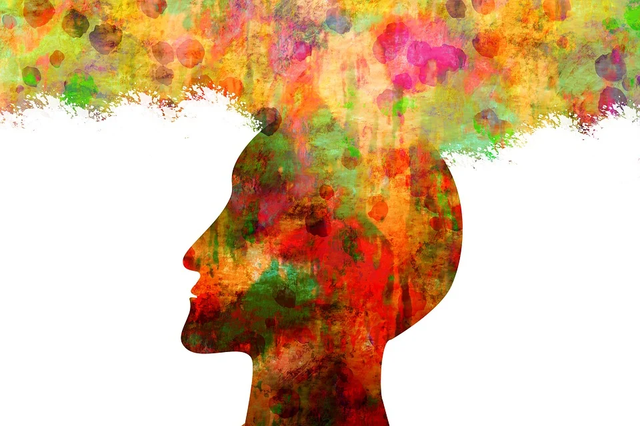Hegel: The Ideal and the Realistic - Part 1
The main aesthetic concept of Hegel is the ideal.
The ideal is the maximum openness to the inner necessity in a thing. It is the realist, as it reveals its essence and the possibilities that its concept entails, in other words, the reality that is homogeneous with its essence.
The development of art and its forms is subordinate to the development of this ideal. Rather, Hegel considers art forms as stages of the development of the ideal and calls the stages of development of the ideal as art forms. And if the artistic forms are stages of the development of the ideal, he calls the stages of development of the ideal forms of art.
If the forms and types of art express the ideal in its development, then these forms return to a common basis. The aesthetic ideal is not dependent on subjective stylistic patterns but is based on an objective criterion determined by the development of the general content of historical stages.
The artistic value is derived from the value of the content as a historical meaning and as a realistic force. The historical meaning of the content expresses in Hegel's philosophical system the development of the idea, but Hegel himself has viewed it or allowed himself to view it as a distinct expression of the contradictions of human social life and its relations without entailing a mystical return to the highest goals of the soul.
Here, Hegel's realism in art is manifested, as well as Hegel's historical understanding of aesthetics.
Hegel asserts that the aesthetic ideal, I mean the reality identical with its essence, does not find its truth and secret in what goes beyond art, in a higher development of the soul, but rather in its truth and secret beyond art, in a higher development of the soul, but in fact, it is an expression of the radiance of the better life form.
This radiance shines not outside this world, but in this very world and in the heart of historical realism. This aesthetic ideal emerges when the richness of life is most likely to be realized. The aesthetic ideal is clearly incompatible with the soul's path to its highest self-awareness.
The aesthetic ideal is not acquainted with philosophy in its latest development but was realized in Greek civilization a long time ago.
Hegel considered the Greek democratic system an ideal of life and called for the establishment of a new civilization on the basis of the Greek classical ideals, where harmony is achieved between the freedom of the individual and their personal activity on the one hand, and social existence and its requirements on the other hand.
Hegel pointed out the basis of this harmony in the life and art of the Greeks, saying: “The Greeks lived, according to their immediate reality, in the happy medium between self-conscious freedom and the moral essence... In Greek life, the individual was independent and free in himself, but they did not sever their connection with the public interests. The list of the real state… It did not show the independence of the political element in relation to a subjective morality different from it. The beautiful feeling, the meaning, and the spirit of this marvelous harmony gave their character all the products with which Greek freedom itself was conscious and understood.”

